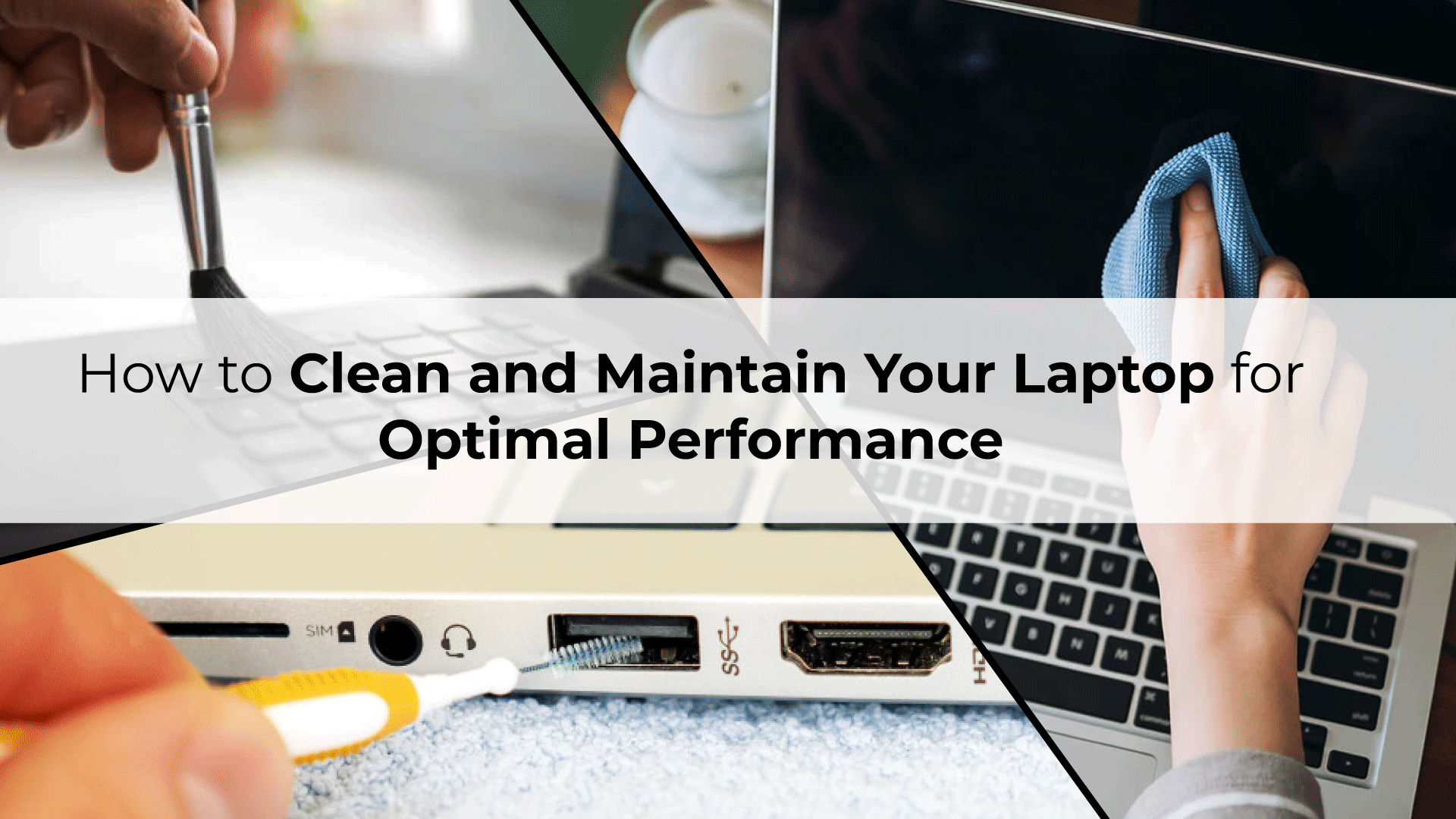The 21st century undoubtedly belongs to the online era, where data privacy is of great importance. From a private business that controls how sensitive customer data is handled to an individual whose personal data is involved, the maintenance and security of the data are very important. Physical storage devices used to keep data should be part of data security foundations. The theme of this blog is the necessity of proper storage devices for saving your data, which is valued the most, and also to give some insight into mastering data security.
Understanding the importance of data security
Regarding storage devices, after introducing the topic, it is essential to address the security aspect as well. Security holes, data breaches, and cyberattacks are being discovered more frequently, so data theft and cyber invasions have become a danger not only to organizations but to ordinary individuals as well. The repercussions of a data breach could lead to a loss of money and damage to reputation. In addition to the fact that a huge part of communication now is done over digital platforms, the volumes of data generated and stored by businesses have also exploded, for example, emails, messages, posts, and videos.
The Role of Storage Devices in Data Security
Besides the method of data security, the choice of gadgets becomes conspicuous. A reliable device has sufficient capacity and the speed to add it, as well as the security features to make it safe from unauthorized access and accidental loss of data. The next part elaborates on the reasons for choosing the storage device to enhance data security.
Encryption Capabilities
Encryption is a fundamental aspect of data security, as it ensures that even if unauthorized individuals gain access to the storage device, they won’t be able to decipher the data without the encryption key. Look for storage devices that offer hardware-based encryption, which is generally more secure than software-based encryption.
Physical Durability
In addition to protecting against digital threats, storage devices should be physically durable to withstand accidental damage or mishandling. Opt for devices with sturdy construction and shock-resistant features, especially if you’re frequently on the move or operate in environments where the risk of damage is higher.
Authentication Mechanisms
Authentication mechanisms such as biometric authentication (e.g., fingerprint scanning) or PIN/password protection add an extra layer of security to storage devices. These features prevent unauthorized users from accessing the data stored on the device, even if it falls into the wrong hands.
Regular Backups
No storage device is infallible, and there’s always a risk of hardware failure or data corruption. To mitigate this risk, ensure regular backups of your data to alternate storage locations, preferably using different types of storage devices. This redundancy minimizes the impact of a single point of failure.
Examples of Reliable Storage Devices
With the growing emphasis on data security, numerous manufacturers offer storage devices tailored to meet the stringent security requirements of businesses and individuals. Here are some examples of reliable storage devices renowned for their data security features.
- The Kingston DataTraveler and Apricorn Aegis Secure Key are among the encrypted USB drives that have built-in hardware encryption with a PIN/password protection feature for other crucial information stored on the device. Such devices are very small and easy to carry, transporting all the distinct data information securely.
- To keep your information more secure, the technologists work hard to invest in external hard drives from reputable brand companies such as Western Digital and Seagate, which are equipped with built-in hardware encryption and use biometric authentication devices too. Such massive-capacity storage systems are specifically recommended for an architecture of reliable and safe backup of bulk data.
SSDs with self-encrypting technology, such as those in devices like the Samsung T7 Touch Portable SSD, which have pretty good speeds and are equipped with robust encryption capabilities, are available. SSDs can serve either household or company needs, as well as offering security from data breaches. Thus, they are both a long-term storage solution and a good safety measure.
Conclusion
In the current age, faced with growing and increasingly dangerous cyber attacks and data threats, expertise in data security is one of the most needed tangible assets for businesses and individuals in today’s world. Installing increasingly reliable storage devices with advanced security measures such as two-step authentication, viruses and malware software, and anti-malware software can protect your system from hacking, online attacks, and loss of data. Don’t forget the importance of encryption in the choice of a storage device, its durability, authentication, and data backup. With those storage devices, your valuable information could be protected. Including tools and techniques for data security in your plan will help protect your data from any storage-related risks and ensure that only you can access it.









